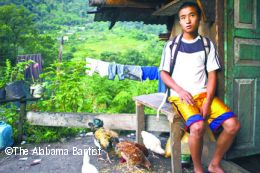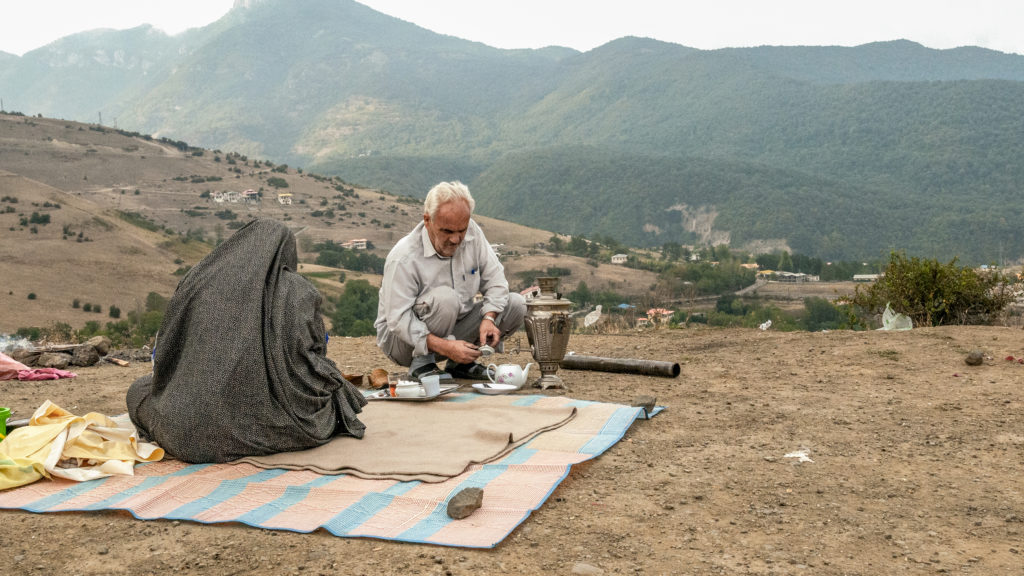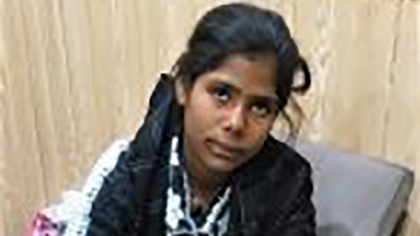Prabuu. Prabuu. Prabuu,” the Nepalese man chanted with force in his lungs as the walls began to crack and the earth beneath him shook violently.
He stood from where he knelt in a door frame when the shaking subsided, checked around his business to see if there was any damage and tried to contact his family. Even a week later, the man shuddered as he remembered that night.
September 18 brought 40 seconds of terror to people in Sikkim state in northeast India as a magnitude-6.9 earthquake hit at 6:10 p.m.
The Nepalese word “prabuu” means “god” or “lord.” The man screamed out — as many Nepalese did that night — to a generic god.
Most Nepalese are Hindu or Buddhist; Hinduism and Buddhism are works-based religions. The people of Sikkim think the gods were displeased with their worship and sent the earthquake as punishment.
Chase Tozer, a Southern Baptist representative working in north India, said most people are still in shock. Several hundred people in the area are immigrants who work on road and construction projects that were hit by the earthquake or landslides that followed. The workers are leaving in droves to return to their hometowns.
Astrologers in Sikkim have told everyone another earthquake is coming, Tozer said.
According to Timothy, a national partner, people are generally living in fear, which has only intensified since the earthquake. He said, “Daar lagyo,” or “fear is striking,” all across Sikkim.
Posted on several roads in the affected area are signs that read, “Post disaster precautions: 1. Don’t panic. 2. Don’t listen to rumors. 3. Drink only water, no alcohol,” as if the basic lessons would help to suspend or tame the fear and hopelessness that dwells inside people.
But instead of opening a door to reach Nepalese with the gospel, the fear may make it more difficult, Tozer said.
“[Nepalese] think they have to work harder to please their gods (after the earthquake) and be more devoted,” he said.
It’s another spiritual barrier.
Joseph Silwal, a national pastor in Sikkim, said society or tradition also plays a major role in the rejection of the gospel.
“Some people know the name of Jesus,” Silwal said. “They know the gospel but the problem is their fear of society.”
For a Hindu or Buddhist, choosing to become a Christian is synonymous with choosing to abandon family, friends and culture. New Christians are often shunned, persecuted and left to fend for themselves.
Religious traditions have been on display as people try to deal with the earthquake’s aftermath.
At one village, Buddhist monks read, chanted and worshiped for 10 hours. A normal “puja,” or worship time, lasts only an hour.
People would like to cremate the dead but countless bodies buried beneath homes and mud are unrecoverable. Traditionally there is a special ceremony in which monks pray for the soul of the dead and then proceed with a cremation service. If a body is never found and given a proper ceremony, then the soul is never “set free,” according to Nepalese beliefs.
But Tozer and national partners know how they can lead the hurting to comfort.
“[I want to share] about God’s eternity … and His role as Shepherd in our lives,” Tozer said.
He and his family witnessed firsthand the Lord’s protection as they changed travel plans and arrived at their destination one day earlier than anticipated. If they had traveled as planned, then they would have driven on a road that was wiped away in the landslides.
Tozer hopes to share this testimony with people in the days to come.
“[God] will put us in the right place at the right time,” he said. “He knows what tomorrow brings. And He supplies our every need — all as our Shepherd.”
EDITOR’S NOTE — Names changed for security reasons.






Share with others: